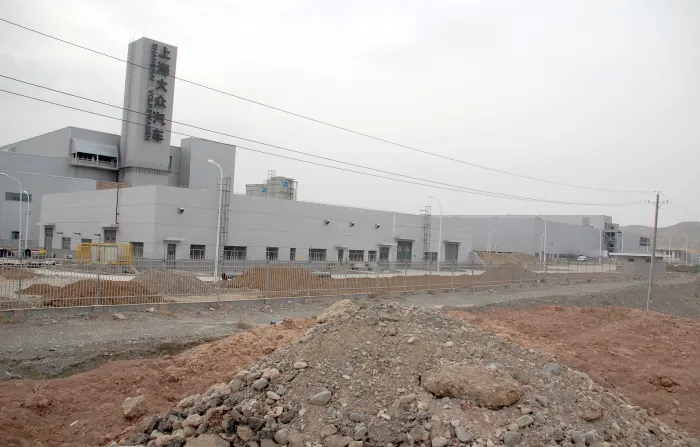Volkswagen Exits Xinjiang Amid Mounting Human Rights Concerns
After years of criticism from human rights advocates, Volkswagen has officially ended its operations in China’s Xinjiang region. The automaker confirmed the transfer of ownership for its assembly plant and test tracks in Urumqi, the region’s capital, marking a significant withdrawal from an area under global scrutiny for alleged human rights abuses, according to The New York Times.
From Expansion to Controversy
Volkswagen’s plant in Urumqi, built in 2012, once represented the company’s commitment to expanding into western China. However, widespread allegations of forced labor and the Chinese government’s repressive treatment of Uyghurs and other Muslim minorities transformed the facility into a public relations liability for the automaker.
A Region at the Center of International Criticism
Xinjiang has become synonymous with human rights violations, with reports suggesting that up to a million Uyghurs and other ethnic groups have been subjected to internment camps, forced labor programs, and systemic oppression.
Volkswagen, operating in partnership with state-owned SAIC Motor, faced allegations of benefiting from these abuses. Despite consistent denials of using forced labor, an audit conducted last year on the company’s Xinjiang operations was widely criticized for failing to ensure worker anonymity and transparency.
Economic and Political Fallout
The growing political and economic costs of maintaining operations in Xinjiang compounded Volkswagen’s challenges. Western bans on imports linked to forced labor further isolated the region, making it increasingly untenable for the company to continue its presence.
Volkswagen Faces Broader Struggles in China
While its exit from Xinjiang addresses one issue, Volkswagen faces broader challenges in the Chinese market. Domestic automakers like BYD, buoyed by state subsidies, have slashed prices for electric vehicles, offering discounts of up to 50% below production costs.
This aggressive pricing has made it nearly impossible for foreign brands, including Volkswagen, to remain competitive without sacrificing profitability. As a result, Volkswagen has opted to avoid engaging in what it calls an “unhealthy environment,” leading to a steep decline in its market share across the country.
Volkswagen’s withdrawal from Xinjiang underscores the increasing complexity of balancing global business interests with ethical and geopolitical considerations. The move may alleviate some criticism, but it highlights the automaker’s broader challenges in navigating one of the world’s most competitive and contentious markets.
